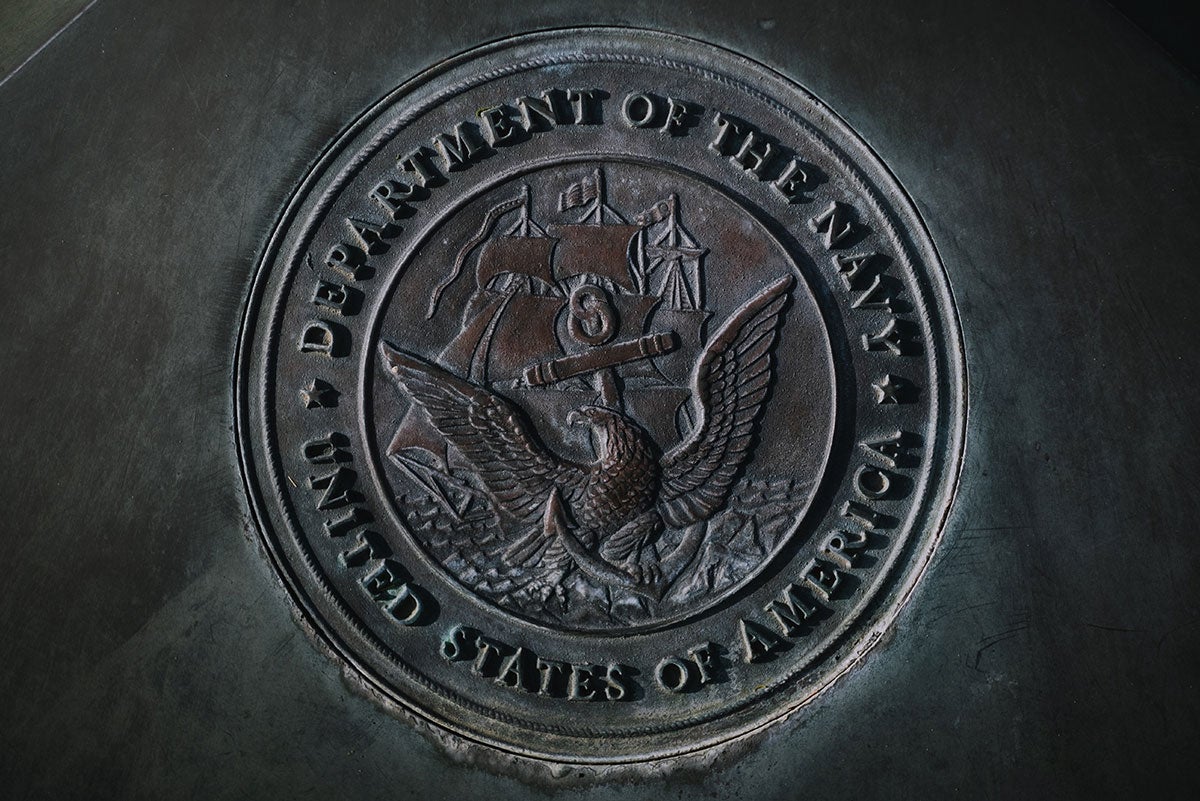A Veteran’s Journey: The Story Begins - The Voice In My Head
November 8, 2021
By: Jeff Brown
Categories: Colleague Stories
Our choices are ours to make and we have to own them.
All of us know this truism; once you leave home, you can’t go back.
In July of 1987, I found myself in a pivotal place in life. I had recently graduated from x-ray school where I had spent two years of long hours and late nights doing clinical rotations at Grady Memorial Hospital in Atlanta. After graduation, I moved back to my hometown of Newnan, Ga., and began working for one of the local hospitals. All of my friends from x-ray school were off to the races in life just like I was. Friends from high school were either still away at college or tying the knot, some with kids already on the way. I had graduated high school early and had started x-ray school at age 17. I was now 19 years old and settling down was not an option for me.
Listening to the still, small voice
It was admittedly difficult for me to return home. Two years in the big city had already left its mark on me. The world just 30 miles up I-85 North was a much bigger place than I had ever imagined. As the realization set in of what my life would undoubtedly become if I stayed in my small hometown, the voice in my head was screaming, “It’s time to go.” My wings had expanded beyond the Newnan city limits. It was time for me to fly.
On my way home from work one day I noticed the local Armed Forces Recruiting Station ahead. As soon as I saw it, the voice in my head said, “Join the Navy and see the world.” I made an abrupt right-hand turn. As the person behind me gave me the international hand gesture that often accompanies reckless driving, I found the nearest open parking spot and pulled my 1983 Pontiac Sunbird to a sudden stop. I went inside and spoke with four recruiters that day representing each branch of our nation’s armed forces. Six weeks later I departed for Great Lakes, Illinois, home of the U.S. Navy’s Naval Recruit Training Command. On September 9, 1987, I officially became a U.S. Sailor. I was so proud of my choice. I was a man in charge of my life, and I was on my way.
Then suddenly, military life smacked me square in the face!
Tearing down one life, building another
Immediately upon arrival at the recruit training command, the process of stripping away the old and building the new begins. I was immediately knocked off of the pedestal that my parents had put me on all my life.
It started by shaving off all my hair. Now, I’m no Brad Pitt, but with no hair there’s a strong resemblance to Carl from “Sling Blade” and my ears look big enough to catch softballs with. They took away all my normal clothes and replaced them with stiff, uncomfortable U.S. Navy-issued work uniforms that smelled of mothballs. They replaced my brand-new (and comfortable) Nike Air Pegasus shoes with steel-toed combat boots.
I literally no longer looked like myself. I was wearing uncomfortable, smelly clothes that didn’t fit and had on concrete blocks for boots. Blisters were forming on my heels. People were yelling at me every minute. I was tired, sleepy. At the mess hall (cafeteria), they served eggs that were an odd shade of brownish green for breakfast. At least the color of the eggs didn’t matter, because you only had 10 minutes to eat. By the time I got seated and got my toast buttered the first morning, some jerk yelled “Company 3-3-2, on your feet!” … and that was it; breakfast was over. I shoved one piece of toast in my mouth as I was taking my tray to dump it.
Life-changing lessons
What the heck had I gotten myself into? I admit that I am not the brightest crayon in the box, but I am not an ignorant person either. After the abrupt turn into the recruiting station parking lot, I thought I had made a lucid, rational decision to volunteer for this. What portion of my 19-year-old brain had gone haywire and caused me to make such a horrid decision? Yes, I was living in a small town and living under my parent’s roof again and I had no prospects of a life that most young single men want, but I was making decent money and no one was yelling at me and the food was great and I didn’t look like an onion head. How could that voice in my head have been so wrong?
I wanted to go home!!
But this is where the first two lessons of my adult life started to kick in. This applies to all of us:
- You control your own choices. No one else does. You.
- Listen to the voice in your head
No one made me join the Navy. I chose to do so on my own free will. Right or wrong, good or bad, our choices are ours to make and we have to own them. We can’t make excuses or blame others for our choices.
Anchors aweigh
I couldn’t quit. There’s no quitting the military. Trust me, people tried. They all failed. Besides, what does quitting say about you anyway? I, for one, am no quitter. Never have been, never will be. I do not understand the concept of giving up. I may have to try a different path or a different method to get to the end, but I do not accept that there are goals I can’t achieve. Neither should you. Quitting means you never finish. And if you cave in every time life gets challenging, then you are not growing. Never. Stop. Growing.
And that voice in your head? Your soul, your inner being, God … whatever you want to call it … is leading you down a path that will end up being a journey well worth the trip if you trust it. I am not saying it will be easy or without struggle. But the peaks and valleys on this journey will be worth every tear and every laugh encountered along the way.
That voice that led me to brownish green eggs at Navy recruit training set me on a path that led me to standing on the largest glacier in Europe a few years later. That path led me to St. Mary’s Health Care System years after that. And, ironically, that very same path led me to writing this story. What a long, strange trip it’s been…
Look for Part 2 of A Veteran’s Journey tomorrow.
Learn more about St. Mary’s Military and Veterans Health Program

Jeff Brown is St. Mary’s Vice President of Support Services and director of St. Mary’s Military and Veterans Health Program. A veteran of the United States Navy, he served as a Petty Officer 2nd Class, Hospital Corpsman, in Europe, the Middle East and stateside.



